Studies in Denmark have shown that when asked prior to one’s death, most people prefer to end their lives in the comfort of their own home and not in the hospital. But the majority ends up being hospitalized in the days leading up to their death and they die here.
The municipality of Aarhus conducted an anthropological analysis to uncover the reasons why people are not dying at home and the key finding is, that people feel safer and securer in the hospital, because there are always people around you and taking care of you. So, in order to help the people who, wish to die at home do just that, we need to make sure, that the citizen feels safe and looked after – especially when they are near death and may lose consciousness and therefore cannot call for help if needed. It is important to understand that sometimes people are dying alone in their home for different reasons (some prefer it that way or have no relatives).
So, to feel safe and looked after, we are using a body-worn sensor, who can give an alarm to the staff, based on some specific set limit values in Heart Rate Variability, Heart Rate and movement, if the unconscious citizen has a physiological reaction to pain, anxiety or discomfort. We are currently testing this in the project “Feeling safe when dying at home”. The project will also test using a camera to “check in” and having a look at the citizen, to see if something is wrong. The informed consent is secured before the citizen loses consciousness.
The project will serve as an example of one way we can use body-worn sensors to avoid unnecessary hospitalization and hopefully inspire the participants to “think outside the box” when it comes to the use of these sensors.
The purpose of the workshop is:
• To inspire the participants to expand the use of body-worn sensors and to share knowledge and ideas about how to use the sensors
The objectives of the workshop are:
• The participants are active and reflective
• The participants will obtain knowledge about the various use of a body-worn sensor
• The participants will obtain knowledge about the various target groups with the potential for using a body-worn sensor
• The participants will learn about setting goals from the perspective of the citizen
• The participants will discuss different ethical position regarding using a body-worn sensor.
![]()
